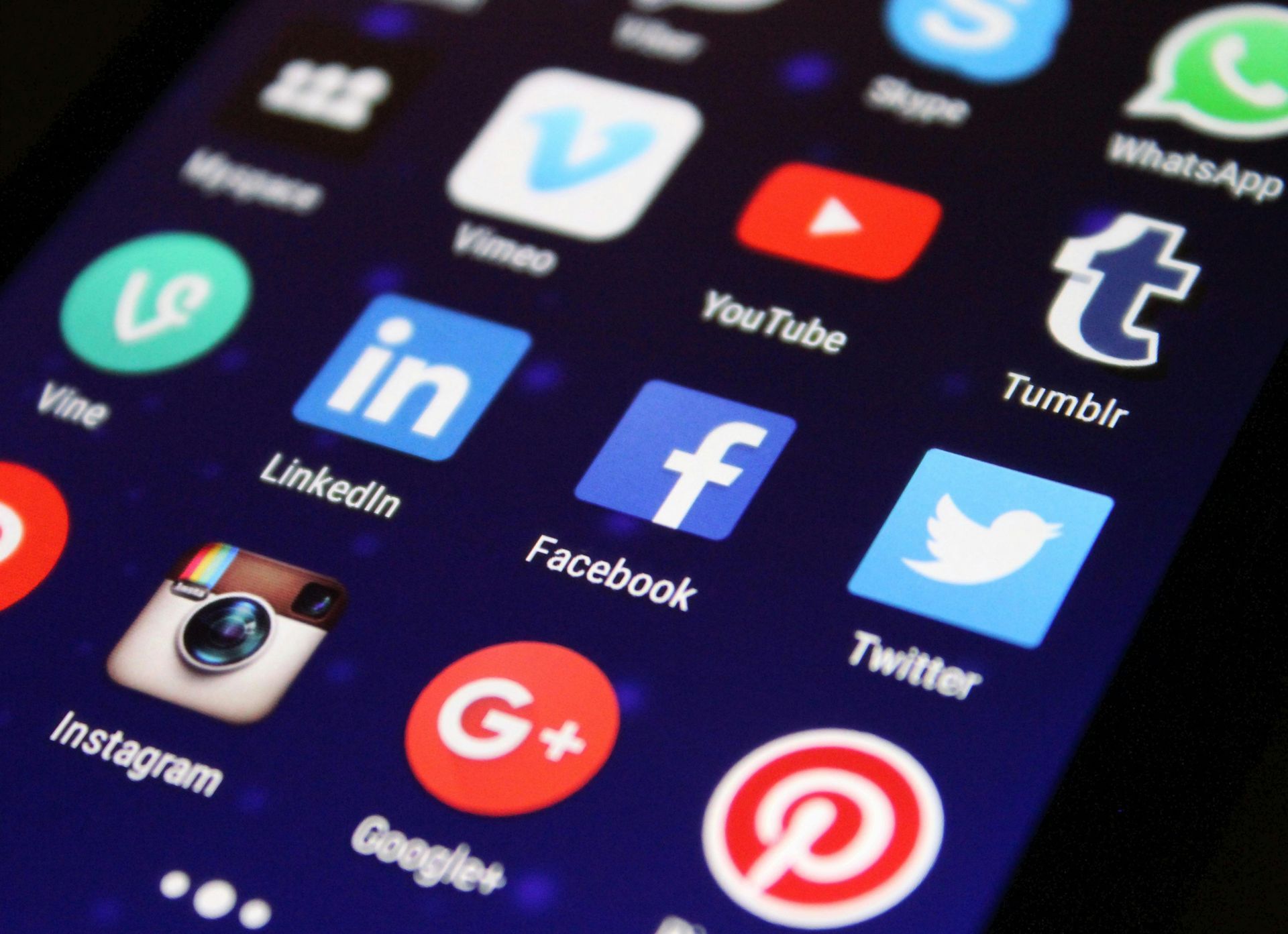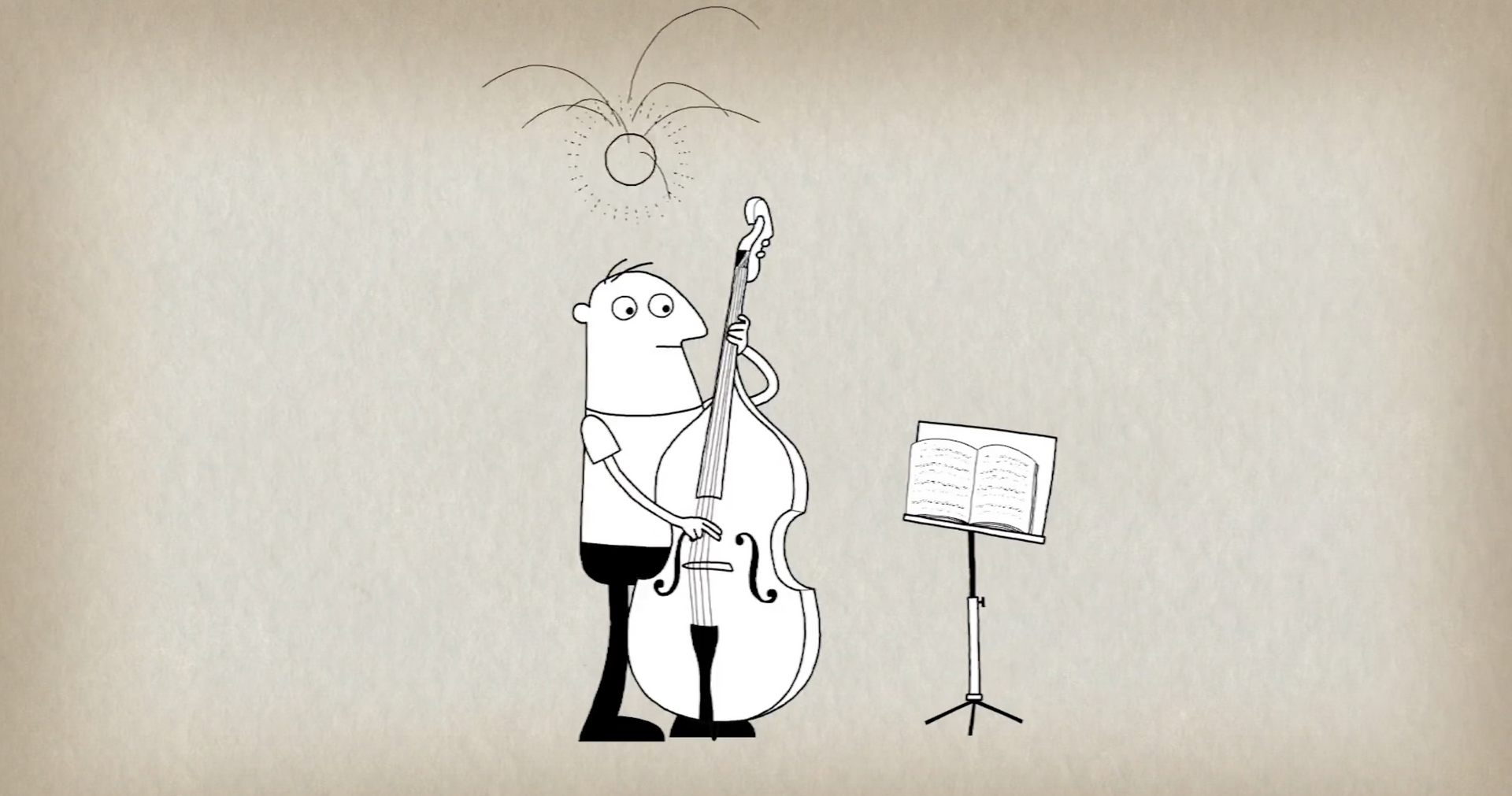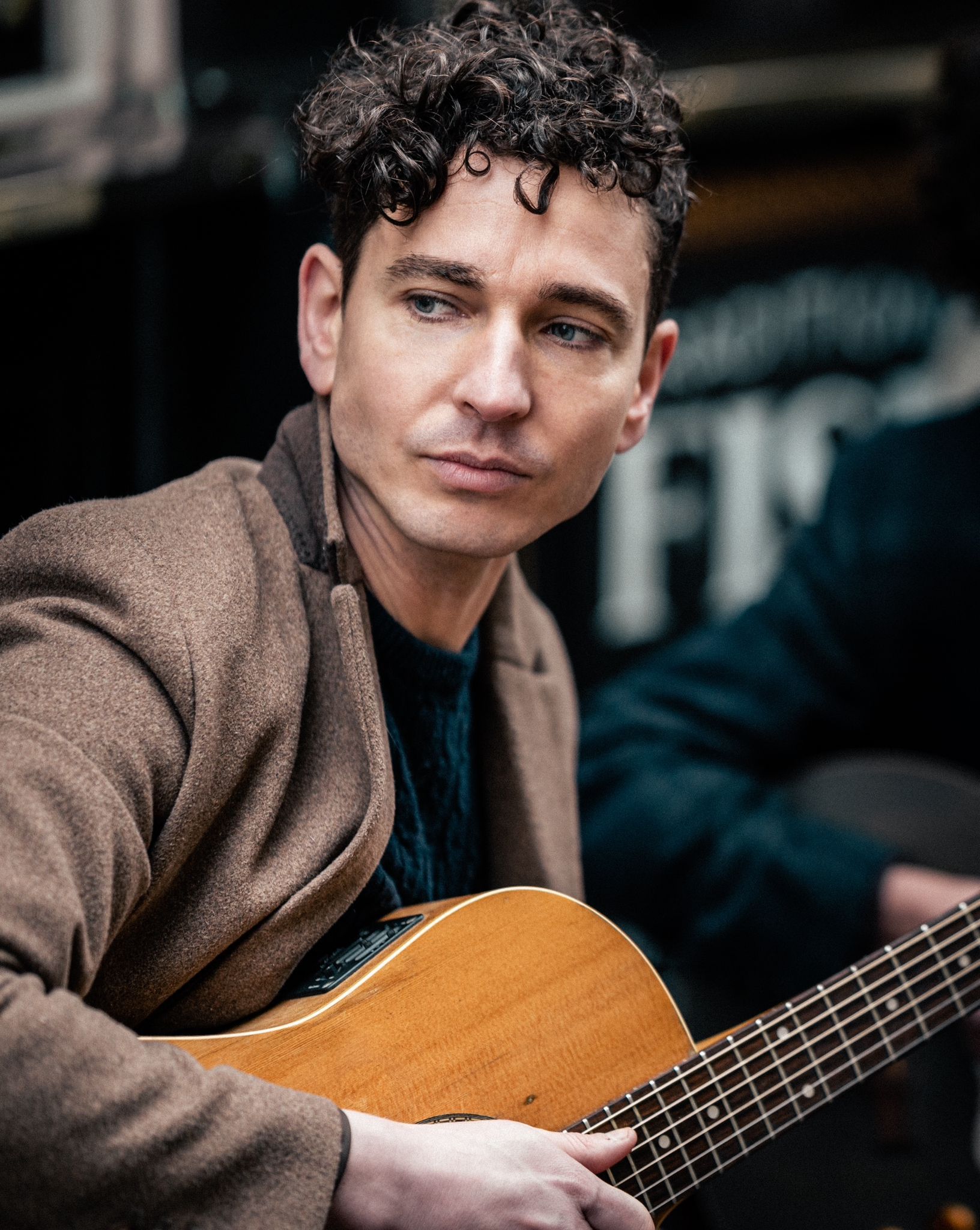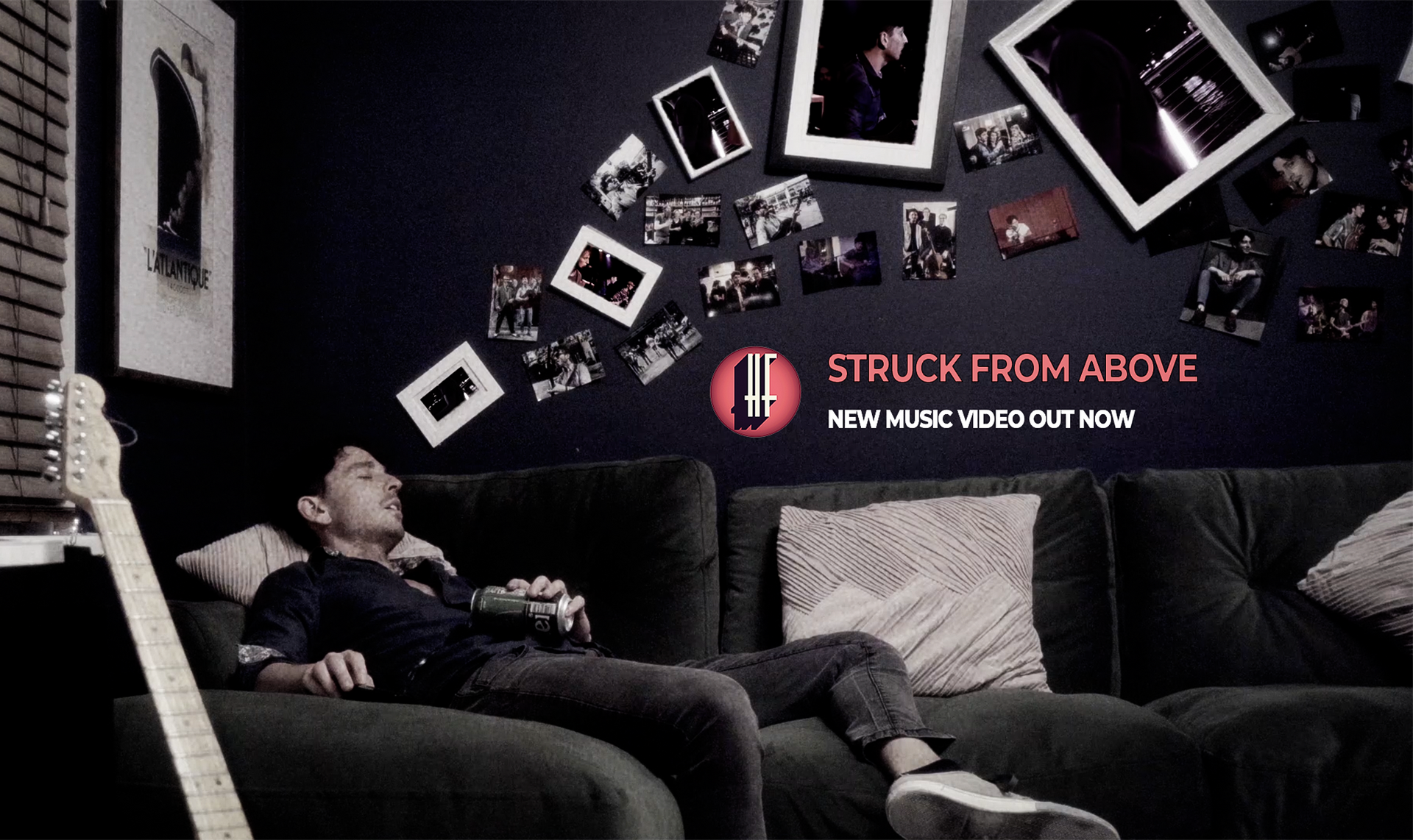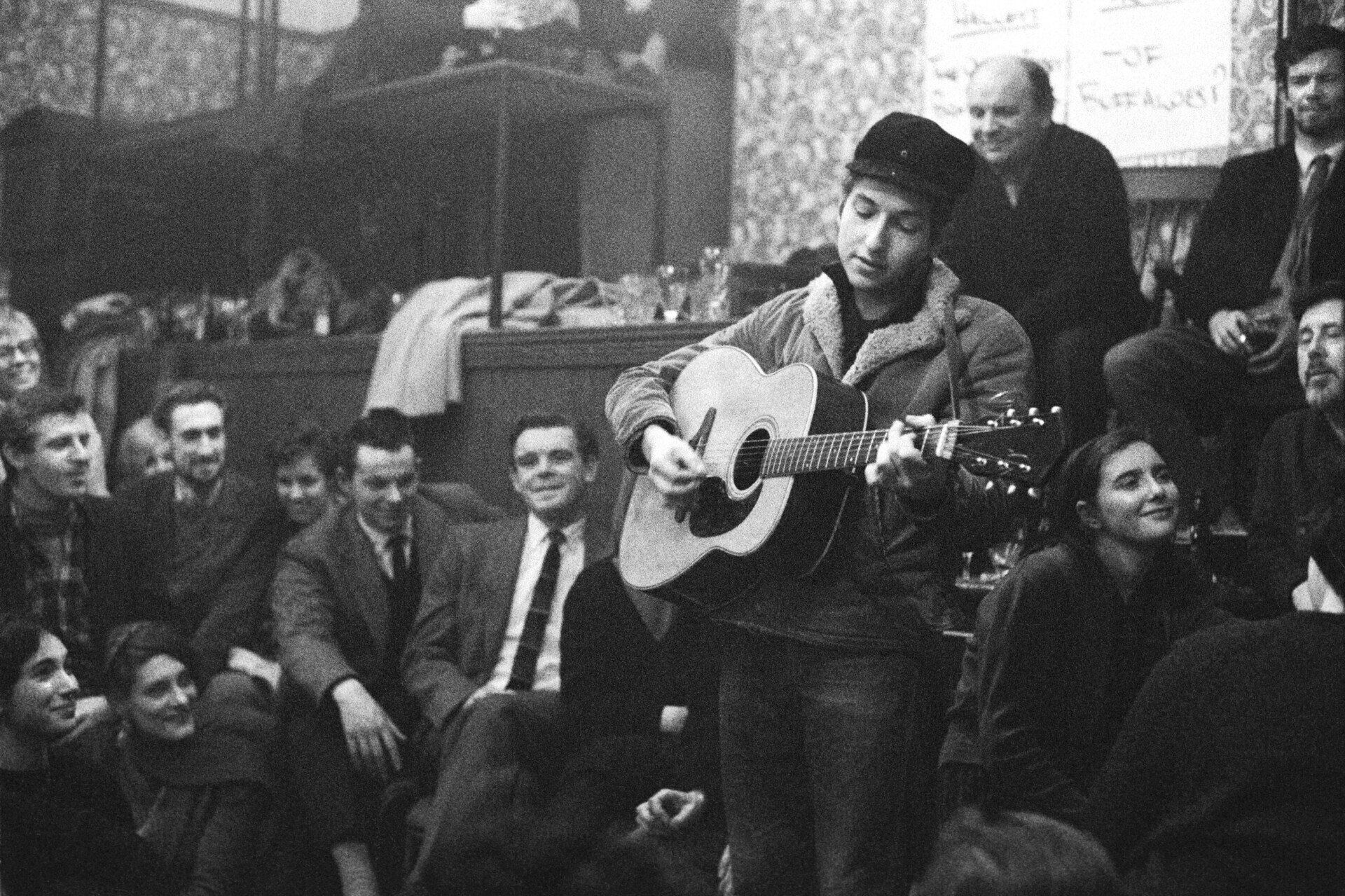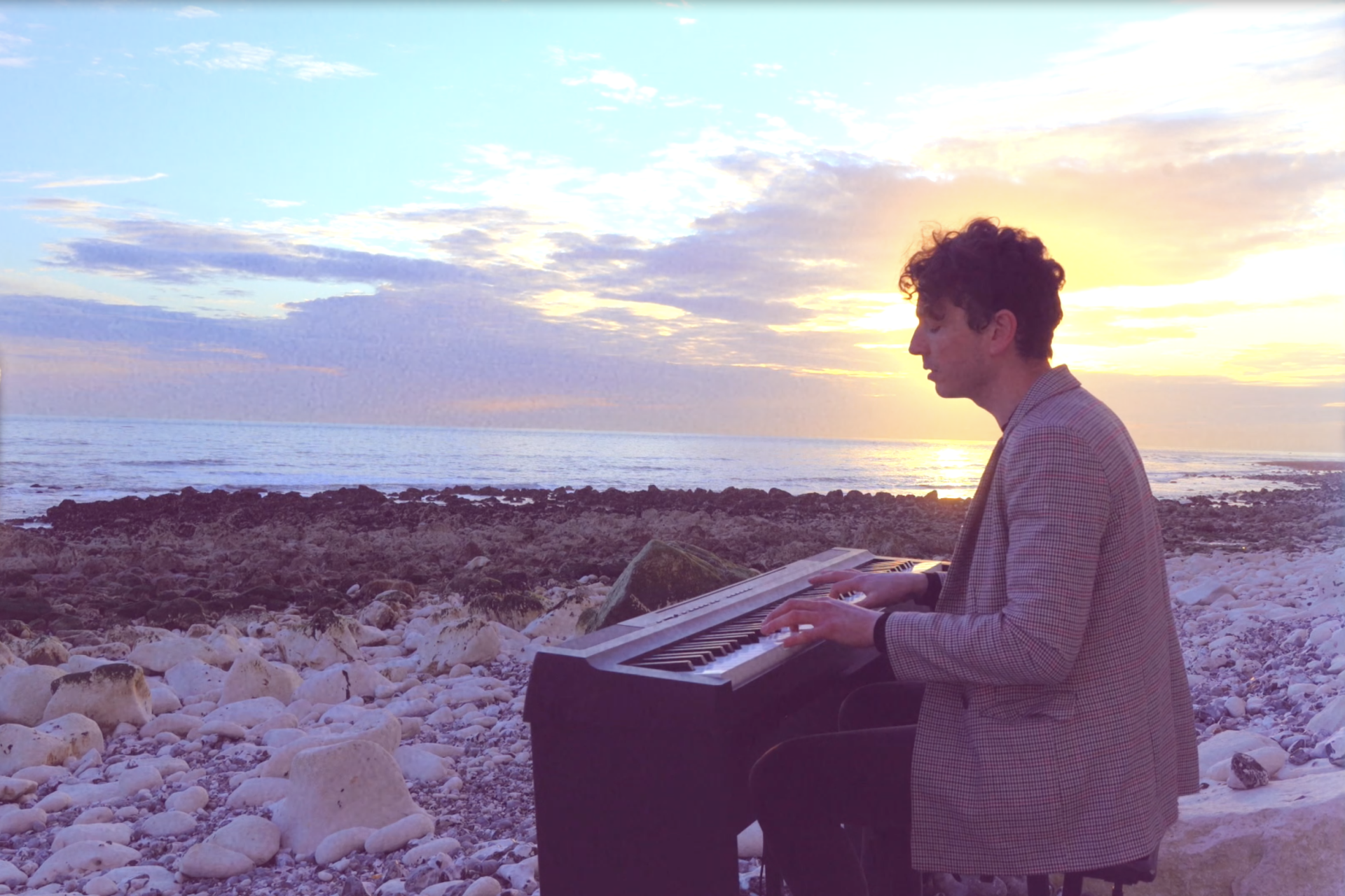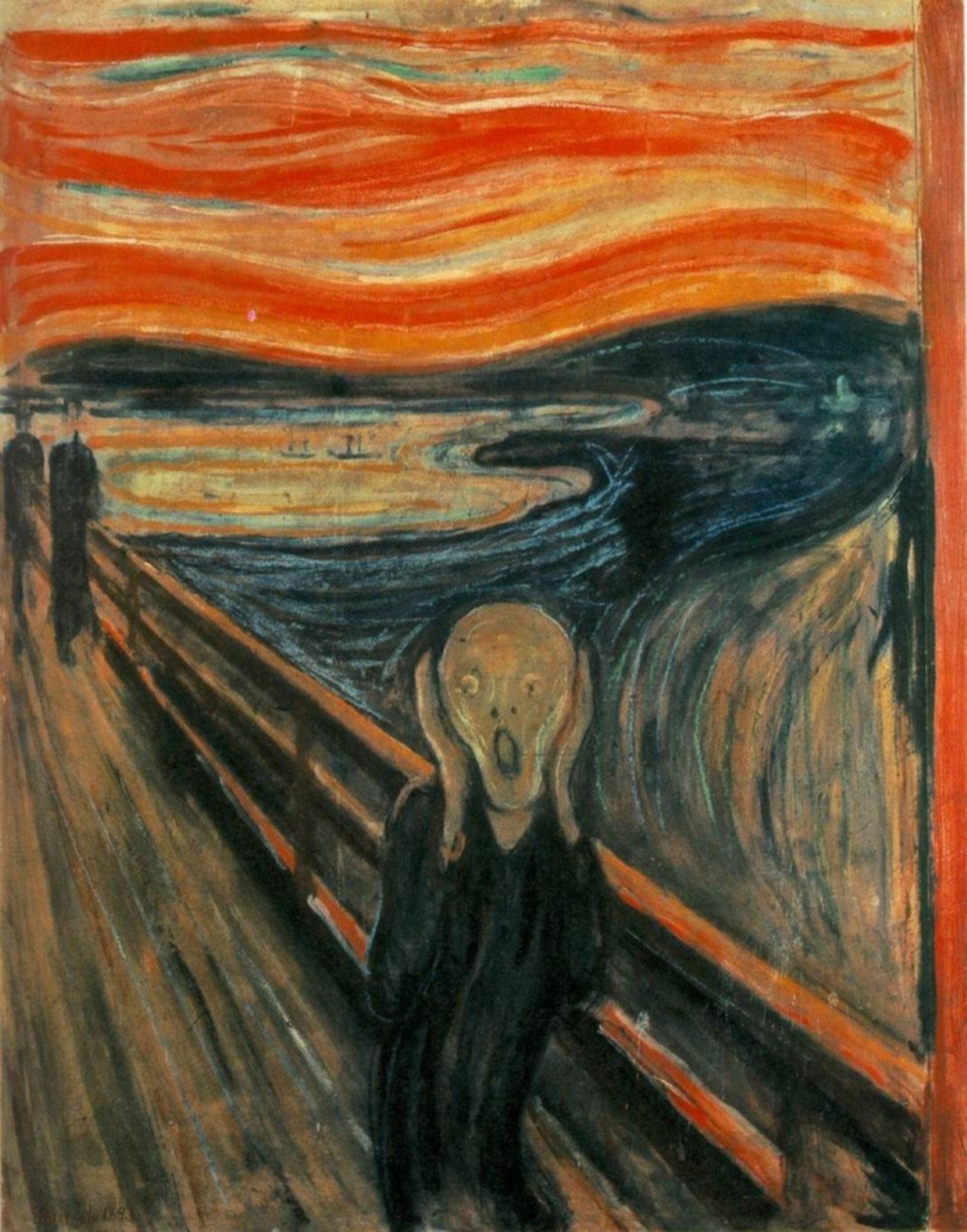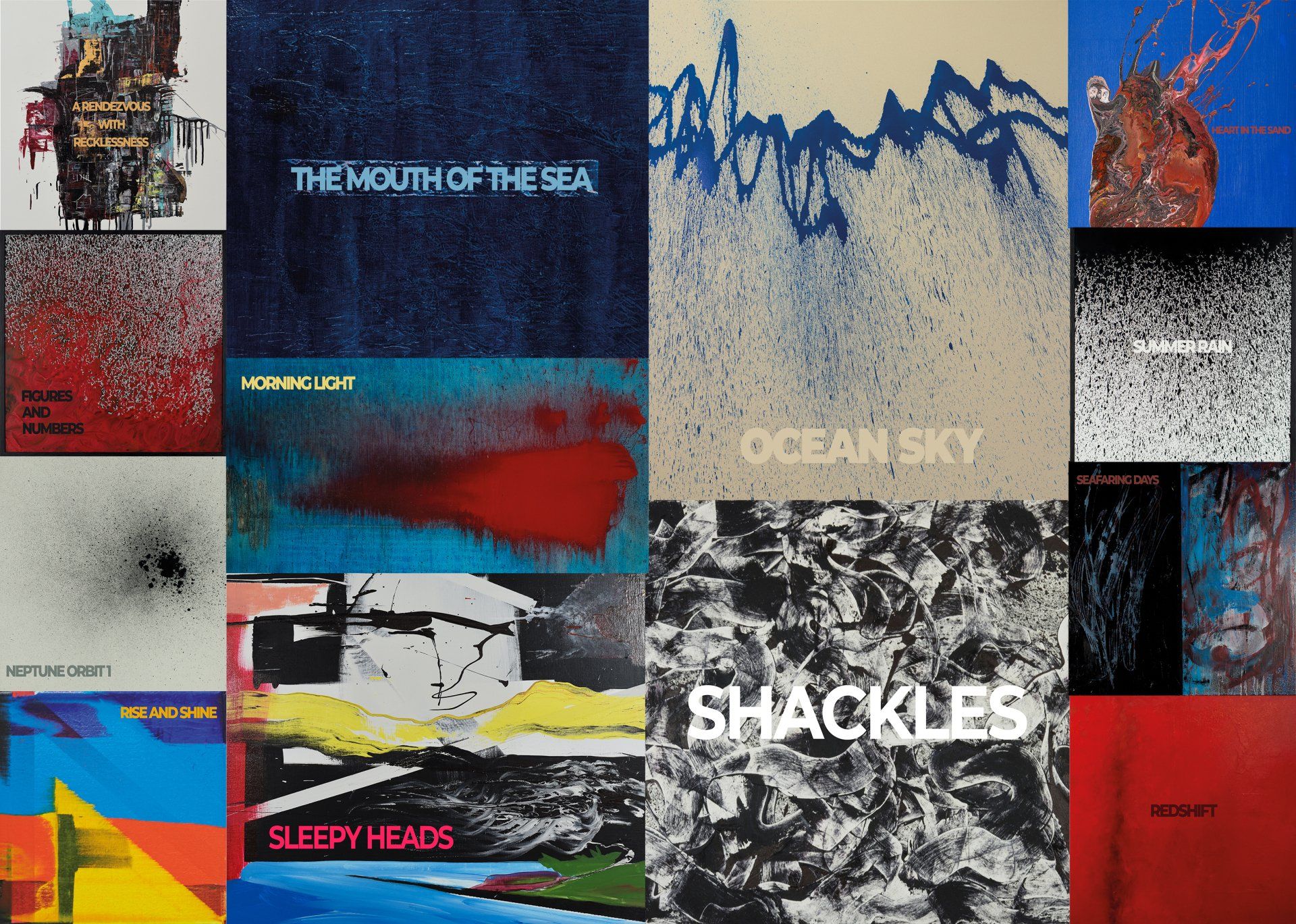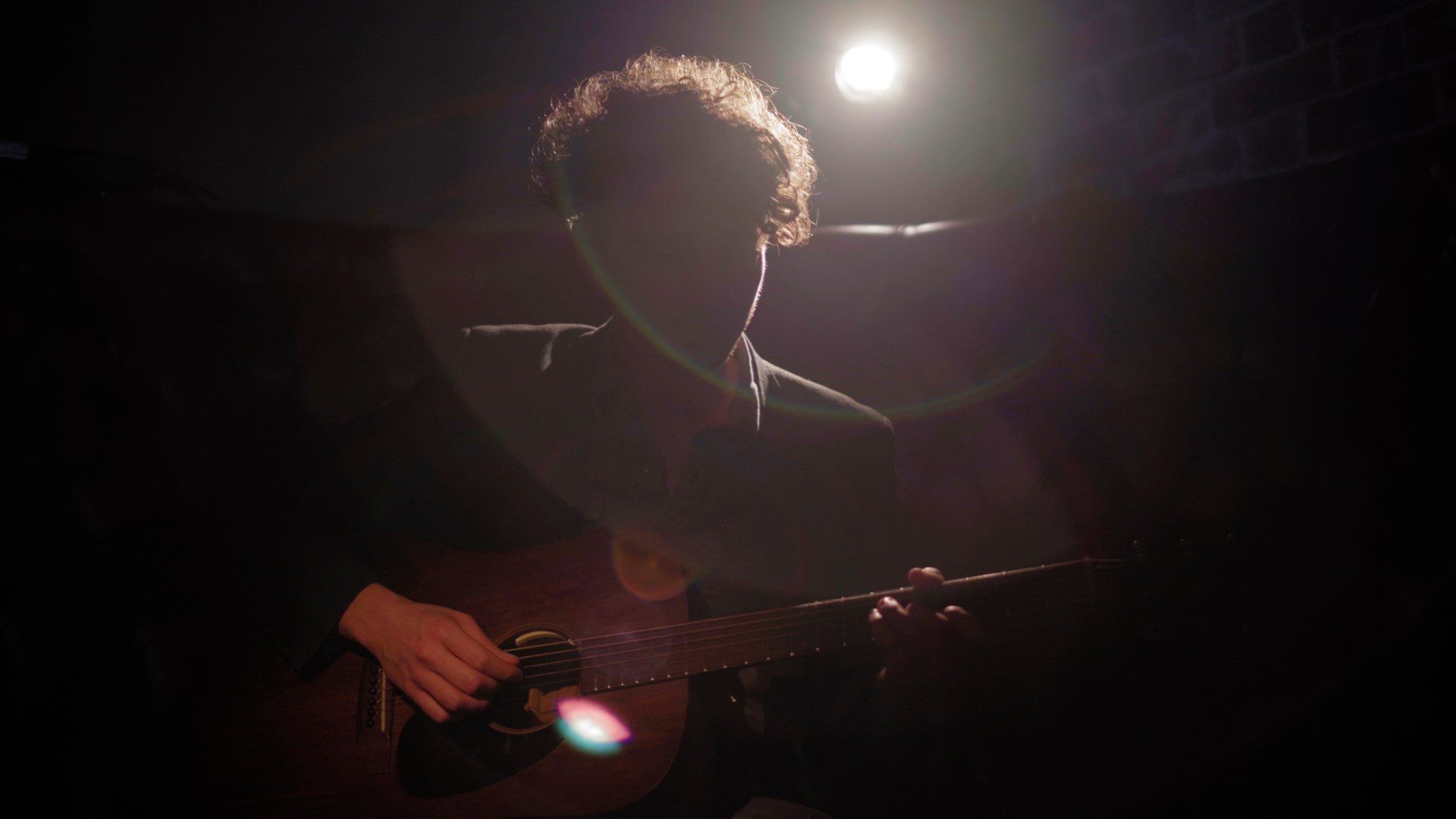In the wake of the new year, I am finding myself exploring new musical directions and this got me thinking about why this was such a necessity...
I have already touched upon the subject of the ever-changing digital landscape in Newsletter #3, where the struggle between staying true to oneself creatively and keeping up with a certain online presence is just part of the modern musician’s life. But here I would like to go deeper and focus on relevancy of the songwriter and the evolution of sound that, to me, is a necessity in any musician’s career.
Life seemed pretty simple when I was a teenager in terms of consuming music: you saw a band/artist advertised, you liked it, you asked your parents for a bit of cash to buy the cassette/CD and you consumed the heck out of it until you knew every single second of every song. Then something magical happened: it meant something profound to you on a deeper level.
Such a thing happened to me when I was 13 and Blur’s album 13 (ironically) came out in 1999. A seemingly lethargic and emotional 13-track album, a bizarre entity with soundscapes and a darkness I had never heard before and miles away from anything else they had released during their Brit Pop era. At the time it seemed mad to me that a band so popular would take such a left-turn from their audience and show a completely different side to their creativity.
I learnt to love this album because it revealed something truly profound about the burden of being a songwriter in any kind of spotlight: there’s no point in pleasing an audience if you’re not staying true to yourself. I realised that this simple fact is a truth that transcends musical tastes, genres and generations.
Shortly after the release of this album, it was Radiohead’s turn to mess up their sound with the release of their highly controversial album Kid A and shortly after Amnesiac: again, light years away from anything they had released previously, filled with jazz and electronic sounds that they merged into something that would, for some Radiohead fans, be hailed as the rebirth of the band, and for others, the death of the band they so dearly loved in the 90s. For me personally, these two albums are partly what inspired me to take this journey, I considered them as pure artistic genius. These are just two examples of artists with a willingness to go against the grain and potentially upset a fanbase that was so loyal in order to stay true to themselves, but this is what it was about for me: pure and unrelinquished artistic freedom.
This gave me such a feeling of freedom when it came to approaching my early years of songwriting. It became clear to me that the same thing had happened throughout the decades: from Hendrix’s new approach to electric guitar playing, Bob Dylan’s controversial switch to electric, the experimental eras of The Beatles and Pink Floyd with their use of sampling, Bowie’s constant and ever-changing identities and musical styles, through to more recently The Arctic Monkeys’ surprising direction: anyone who had ever meant anything to the genuine musical legacy had gone against the grain in one way or another, messed up the norm and what was expected from them to convey something that had meaning on a deeper level to them, and consequently their audience. The only thing that has been changing is the technology: Hendrix couldn’t use electronic sounds, but he probably would have if he could.
Today, one could argue that everything’s been done in music, so any sonic novelty would not actually sound new, but I would disagree with that statement. Any new sound will sound different in the hands of a given artist. I would be very surprised to see Bob Dylan embrace say electronic music, but there’s no denying that it would be a new sound and thus a very personal, inimitable evolution in his career. No one can deny that. The evolution of sound goes hand in hand with the evolution of the person creating. And so it must: we are constantly changing as human beings, our emotions, our outlook on life are continuously being moulded by our experiences, and the sounds we create must, or at least should, reflect that. There should be no boundaries restricting us to a specific “sound” or “genre” that we believe, or more worryingly what we think others believe, we should stick to.
I would like to add that this obviously doesn’t just apply to music. Countless artists have gone through similar artistic metamorphoses to stay true to their own artistic sensibilities. One such person that pops to mind is of course Pablo Picasso: he learnt the rules from a young age where he would excel in creating realistic paintings to then drastically break them with a completely new abstract approach, pioneering a new style of art: Cubism and later on in his career Surrealism.
This brings me to my personal development: I am seeing a change in the way I would like to approach the second full-length release, and instead of resisting a change out of fear of losing relevancy to a style or fanbase, I believe that it is a necessity that compels me to venture into new sonic worlds that reflect the changes I am going through and keep the creative fire alive. Of course however, this does not mean that I am going as far as completely changing my musical identity as I believe that every artist has their own unique sensibility that draws them to a certain sound and songwriting. And so it should be: this is what makes every artistic creation so personal. Our own personal story, cultural and emotional experiences throughout life are what mould each and every creative mind resulting in exceptional diversity across the globe. Without such diversity the artistic world would be a very dull place indeed.
I feel very excited to step into this new year with some new ideas and sounds to dive into. Often, the venture into the sonic realm is as much of a journey as is the lyric/instrument writing and adds that extra exciting dimension to the whole process. I am spending time embracing new soundscapes and rhythms and am really looking forward to getting a full-length release out there.
Its title as of today will be
Urban Tales. This is of course subject to change at this stage but I can safely say that it's slowly taking shape. Watch this space.

